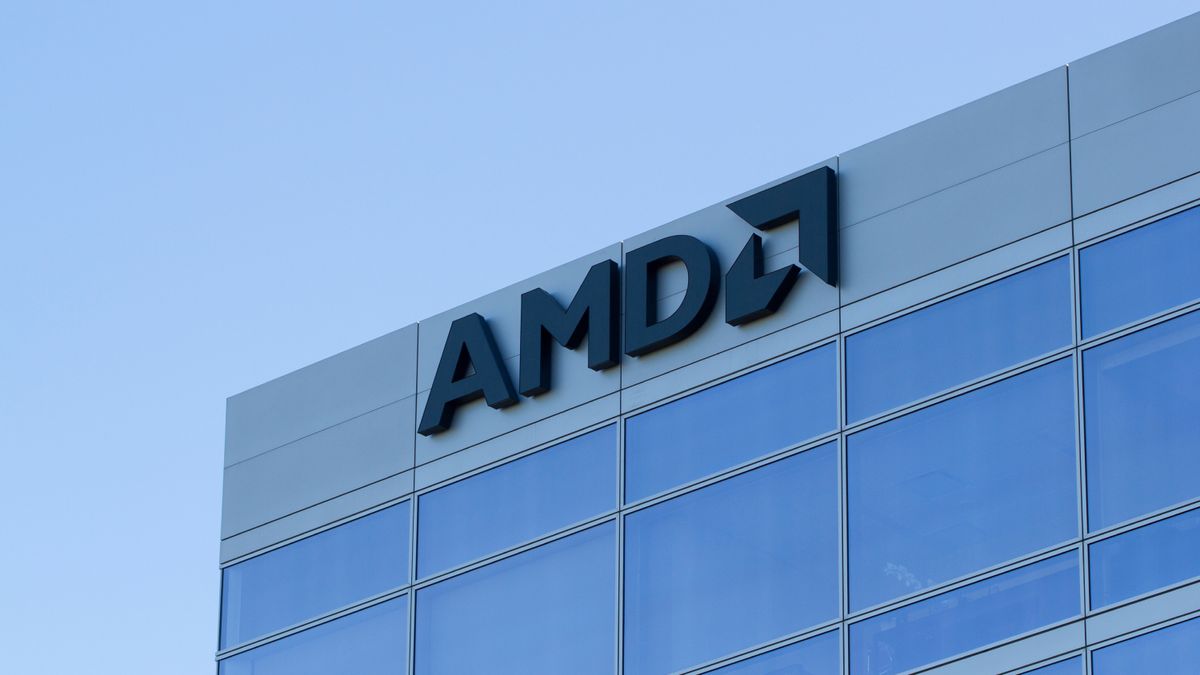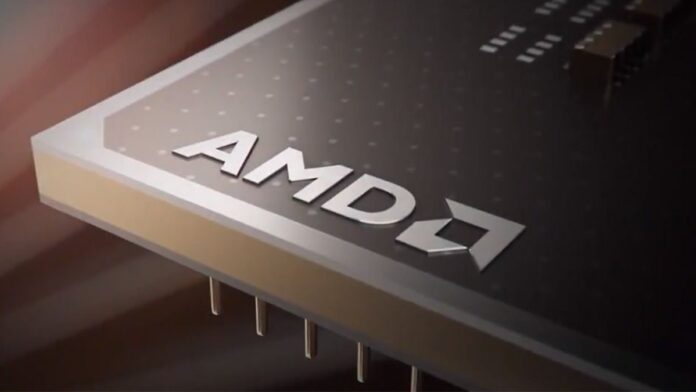© ROOT-NATION.com - Use of content is permitted with a backlink.
Six AMD power management controller driver patches have been released on Linux in the last two days. According to Phoronix, these PMC driver patches for the yet-to-be-released 1Ah family processors most likely refer to the AMD Zen 5 processors, which will compete with better processors. One of the most important functions provided by PMC is the various sleep states, including “s2idle”, the software sleep state of the system.

While these six patches are critical to the system’s basic functionality, they only change two dozen lines of code and don’t reveal much else, at least on a cursory inspection.
However, given the timing of these driver patches ahead of 2024 and the steady stream of AMD Family 1Ah patches for Linux we’ve seen since July of this year, it seems that AMD intends to lay the necessary groundwork for the release of Zen 5 for Linux operating systems as soon as possible.
The regularity of these releases could mean that AMD plans to release Zen 5 earlier in 2024 than Zen 4 and Zen 3, which were released in the fourth quarter of their respective years. Last week’s leak of the next-generation Zen 5c EPYC processor also points to this, although that processor is technically an engineering sample rather than a final processor.

One of the expected features of Zen 5 will be iGPU Navi/RDNA 3.5 architecture. Zen 5 iGPU leaks allegedly point to an iGPU design with as many as 40 RDNA 3.5 compute units, comparable to the RDNA 3-based Radeon RX 6750 XT, which competes with the RTX 3070 and RTX 3060 Ti. That kind of power will likely allow AMD to regain the lead in iGPU performance over Meteor Lake’s Arc graphics on Linux.
The potential of the AMD RDNA 3.5 iGPU in Linux could also bring us closer to Steam Deck 2, or at least better competition with Steam Deck OLED and ROG Ally, which reach 8 RDNA 2 CU and 4 RDNA 3 CU respectively.
Read also:


